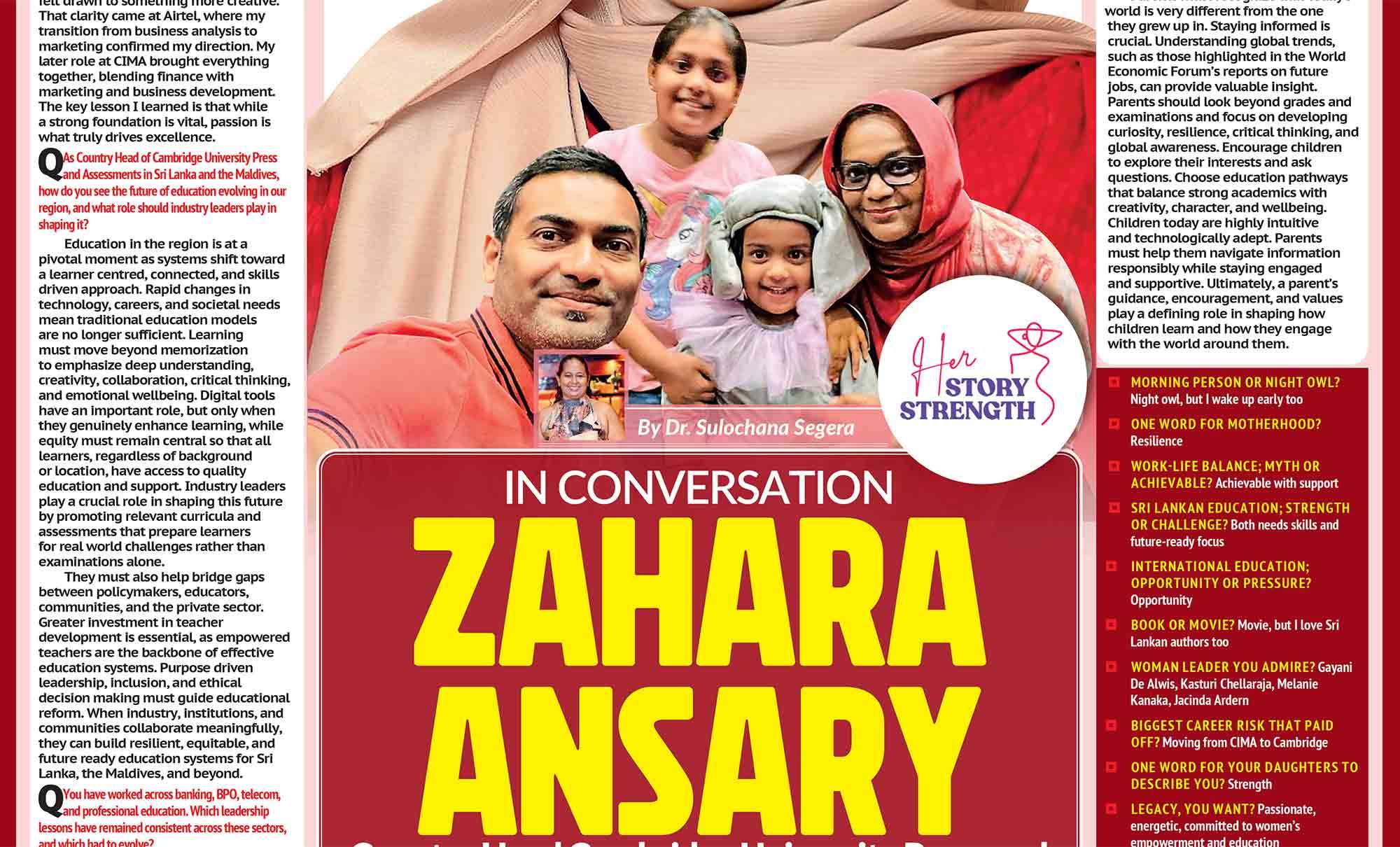The Silent Theft of Boldness and Identity

- Girls are told early on that their value lies in being good - good daughters, good students, good friends, good girls. But “good” is often code for quiet, agreeable, polite, and unassuming
Imagine a vibrant garden, where each flower is unique; some tall and bright, others small and delicate, each radiating its own wild beauty. Now imagine a gardener who only waters the quietest, smallest flowers, pruning away the ones that grow too tall or too bold. Over time, the garden loses its diversity. The tallest flowers wither, and the blooms shrink into uniformity. This is what social conditioning does to girls. From a young age, society acts as that gardener, subtly, almost invisibly, teaching girls to shrink, dim their light, and soften their edges to fit a narrow mold of “acceptable” femininity. It’s a slow theft of identity and boldness, disguised as kindness, safety, and love.
The Roots of Conditioning
Girls are told early on that their value lies in being good - good daughters, good students, good friends, good girls. But “good” is often code for quiet, agreeable, polite, and unassuming. Psychologists have long observed how socialization shapes gendered behavior. Carol Gilligan, a pioneering psychologist, found that girls are often raised to prioritize relationships and harmony over self-assertion. While this may foster empathy, it often comes at the cost of boldness and self-expression. From toddlerhood, girls are met with reinforcing messages like: “Be nice,” “Don’t be bossy,” “Say sorry.” These lessons condition girls to suppress anger, discomfort, and dissent. They learn that speaking out often invites rejection or punishment.
Why Girls’ Boldness Drops in Adolescence

The impact of this conditioning becomes most visible during adolescence. Studies by the American Association of University Women reveal that girls’ self-confidence drops significantly between the ages of 12 and 14 - a phenomenon often called the confidence cliff. While boys tend to maintain or even grow in confidence, girls begin to doubt themselves. Why? Because adolescence brings intensified pressure to conform to social expectations around gender; be pretty, be likable, be emotionally contained. Boldness is punished. “Leader” becomes “bossy.” “Strong” becomes “too much.” This internal conflict forces many girls into a painful trade-off: shrink or be ostracized. They learn to edit their thoughts, silence their bold ideas, and tuck away their ambitions - to be “safe.”
The Mirror Effect: Performing Acceptance

Social conditioning teaches girls to perform likeability as a survival strategy. Sociologist Erving Goffman described social interaction as theatrical performance; we present ourselves in ways designed to win approval. For girls, this performance often means mirroring others’ comfort instead of expressing authentic feelings. Think about how often a girl might laugh nervously to soften a disagreement, apologize before voicing an opinion, or downplay an achievement so as not to intimidate. These are survival moves, meant to maintain social harmony, but they chip away at authenticity. The danger is that, after years of performing, a girl begins to believe that the version she plays is who she truly is.
People-Pleasing as Emotional Armor
People-pleasing isn’t a quirky personality trait - its emotional armor shaped by social conditioning. Clinical psychologists point out that people-pleasers often fear rejection and believe that meeting others’ needs will secure love and acceptance. For girls, this fear is amplified by messages that their worth depends on how well they’re liked - by family, friends, teachers, and partners. They mute their own needs, convincing themselves that others’ happiness is more important than their own. This creates a toxic cycle of self-neglect, quiet resentment, and loss of identity.
The Double Standard: Boldness in Boys, Discouraged in Girls
Ah, the double standard - a topic I can’t seem to shut up about (and one that never fails to boil my blood). It creeps into every corner of society, from dress codes to job interviews. Boldness is often gendered in how it’s received. Assertive boys are called leaders; confident and strong. Assertive girls are labeled “bossy,” “shrill,” or “intimidating.” This isn’t just unfair; it’s damaging. It teaches girls that the very traits that could empower them are liabilities. A study published in the Journal of Personality and Social Psychology found that assertive women often face social penalties for violating gender norms, which discourages them from fully expressing themselves.
The Cost of “Being Nice”
Being “nice” is praised as a virtue. But when politeness demands self-erasure, it becomes a cage. Think of politeness like a velvet glove over a steel fist - it looks soft, but it restrains. It discourages honest expression, critical feedback, and boundary-setting. Over time, it teaches girls that their feelings are less important than keeping the peace.
Breaking Free from Conditioning
The good news? Conditioning can be unlearned. Unlearning starts with awareness. It means noticing moments like:
- When you apologize before speaking up
- When you say “yes” but feel like saying “no”
- When you dim your dreams, so you won’t intimidate others
Every time you interrupt these patterns; you reclaim a piece of yourself. You were never meant to be small to keep others comfortable. Your boldness, your voice, your full-color bloom - these are your gifts. The path to boldness may be messy, uncomfortable, and (very) lonely - but it’s worth it. Girls are powerful, complex, and full of untapped potential. But social conditioning tries to shrink that power into a whisper. Don’t let it. You deserve to take up space. You deserve to be loud. You deserve to be messy and unapologetic and beautifully imperfect. Boldness isn’t rebellion; it’s reclamation. You are not too much. You are not wrong. You are exactly as you were meant to be.












